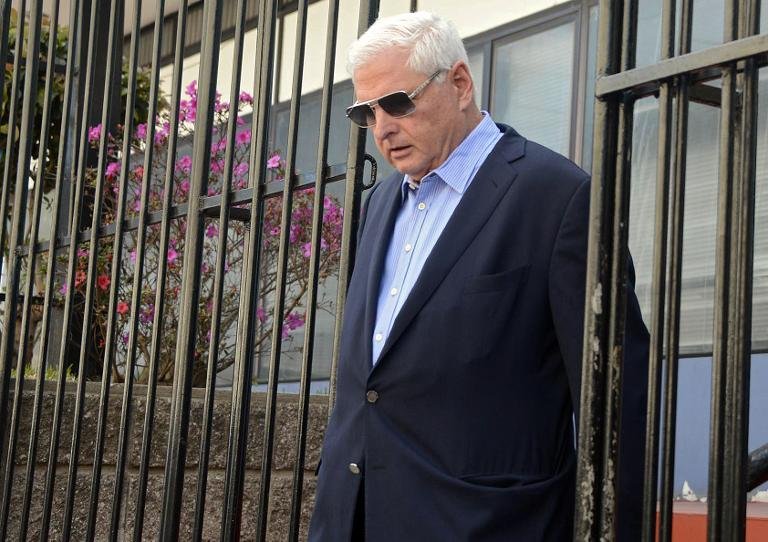New revelations about a political espionage ring are another sign that Ricardo Martinelli’s presidential administration in Panama employed mafia-like tactics to slow opposition forces and possibly government investigations against him and his cadre.
Panama’s Attorney General’s Office has confirmed the spyware system known as Pegasus that was obtained by Martinelli’s administration in 2012 was used in a private office belonging to the businessman Gabriel Btesh, reported La Prensa.
Btesh was reportedly a member of the former president’s so-called “zero circle,” the term used to describe a group of high-level political and business operators who were allegedly involved in corruption rings during Martinelli’s administration (2009-2014).
Panama’s Supreme Court first launched an investigation into Martinelli in June 2015 over accusations the former president ordered illegal wiretaps in order to spy on over 150 people, including high-ranking members of the opposition Revolutionary Democratic Party (Partido Revolucionario Democrático – PRD).
The monitoring equipment was purchased for $8 million from the Israeli firm NSO Group Technologies and was intended to be used by Panama‘s National Security Council. According to authorities, however, Pegasus was in operation on the sixth floor of a building owned by Btesh from January 29, 2013, until May 14, 2014, 10 days after the election of current President Juan Carlos Varela.
Martinelli has previously denied the charges of illegal wiretapping, saying he is a victim of “political persecution.” The former president is now believed to be residing in Miami.
InSight Crime Analysis
Intelligence systems can be used for good or for bad. Parallel, off-site intelligence systems are almost always used for bad. In this case, Martinelli was at least spying on his opposition. But if he was like most other politicians who have employed similar tactics, he was probably also spying on his own prosecutors and judges, the same ones who are now investigating him for multiple embezzlement schemes.
SEE ALSO: Coverage of Panama
There is certainly growing evidence pointing to that conclusion; corruption allegations have been swirling around Martinelli ever since he left office. In addition to the espionage charges, the Supreme Court is investigating the former president for his alleged role in a scandal involving millions of dollars worth of inflated contracts and kickbacks at a state-run food assistance program. In total, Martinelli is facing at least six charges of embezzlement, espionage, and influence peddling, and in December 2015, a Panamanian court stripped the former president of his immunity so that he could be tried on charges of insider trading.
A similar dynamic can be seen in other parts of Latin America where government-funded spy networks have been employed for shady, individual purposes. In Colombia, for example, two high-ranking government officials were sentenced last year for their role in a wiretapping scandal that took place during the administration of former President Álvaro Uribe. The former president has faced mounting allegations of ties to drug trafficking and paramilitary groups since leaving office in 2010, and his brother was recently arrested for allegedly creating a right-wing paramilitary death squad in the late 1990s. Uribe has not been convicted of any crimes.
